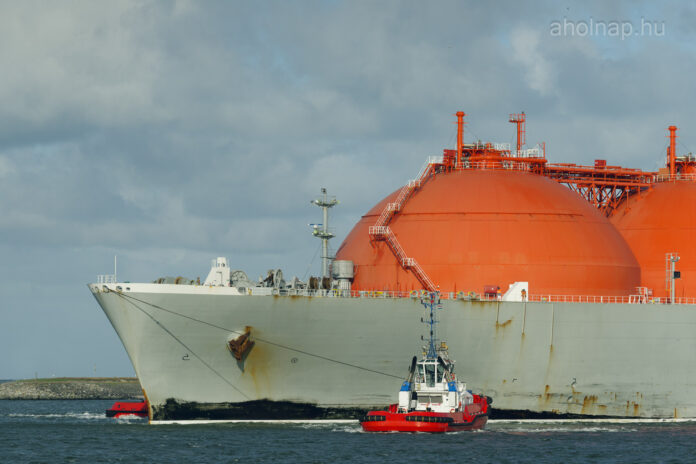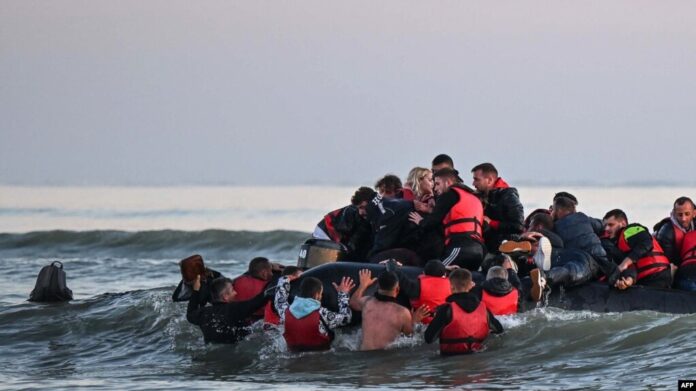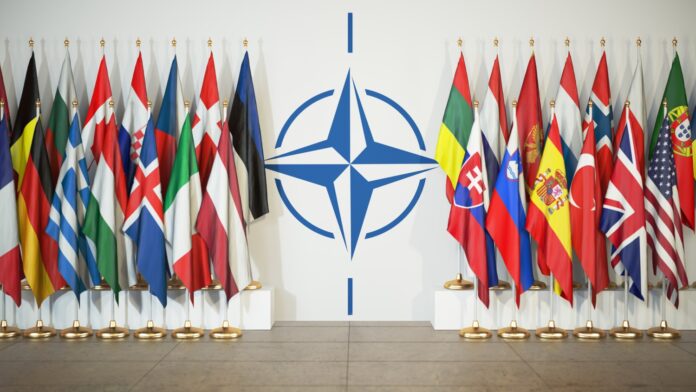Hungarian Prime Minister Viktor Orban has accused the United States of attacking the Nord Stream pipeline, a natural gas pipeline that connects Russia to Germany. Orban criticized Europe for blindly following the foreign policy demands of the US, even if it means self-destruction.
Orban stated, “Europe has stopped defending its interests. All Europe is doing today is unconditionally following the pro-democratic foreign policy of the United States … even at the cost of its self-destruction.” He went on to say that Europe’s compliance with Washington’s demands, including imposing sanctions that have hurt the continent and led to high energy prices, is damaging the economy.
The Hungarian Prime Minister also pointed out the silence surrounding the explosion of the Nord Stream pipeline, which he accused the US of orchestrating. He criticized Germany for not speaking out about a terrorist attack on the pipeline, allegedly carried out at the behest of the Americans. Orban lamented the lack of investigation and legal action taken in response to these incidents, drawing parallels to the wiretapping of German Chancellor Angela Merkel’s phone calls with Danish assistance.
These actions, according to Orban, are acts of submission to US interests and demonstrate Europe’s lack of independence in foreign policy. Orban’s remarks reflect a growing tension between European countries and the United States over issues like energy security and national sovereignty.
The controversy surrounding Nord Stream and Orban’s accusations highlight the complex dynamics at play in international relations and the delicate balance of power between nations. As the debate continues, it is clear that Europe’s relationship with the United States will be a key determinant of future policy decisions and geopolitical developments.




